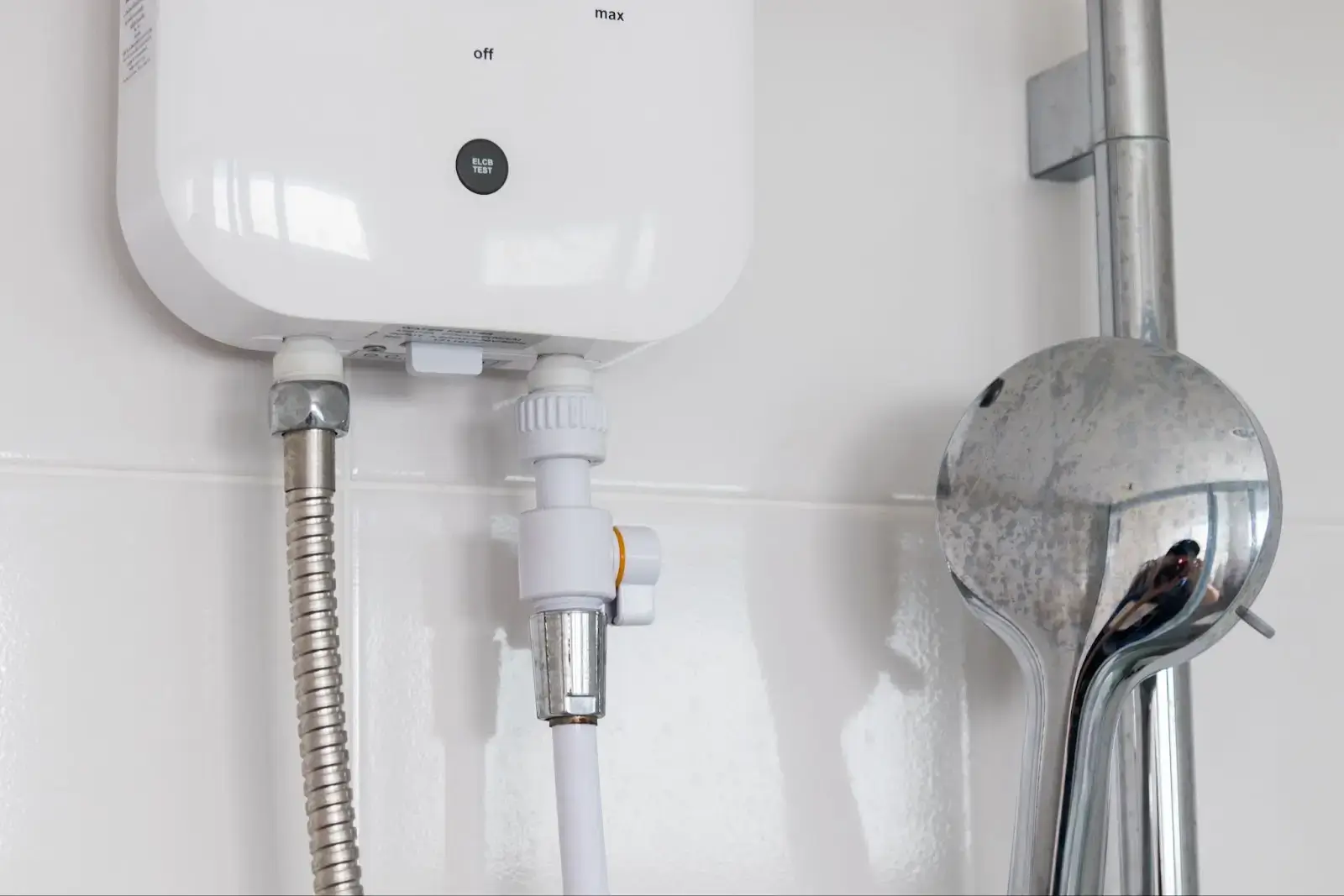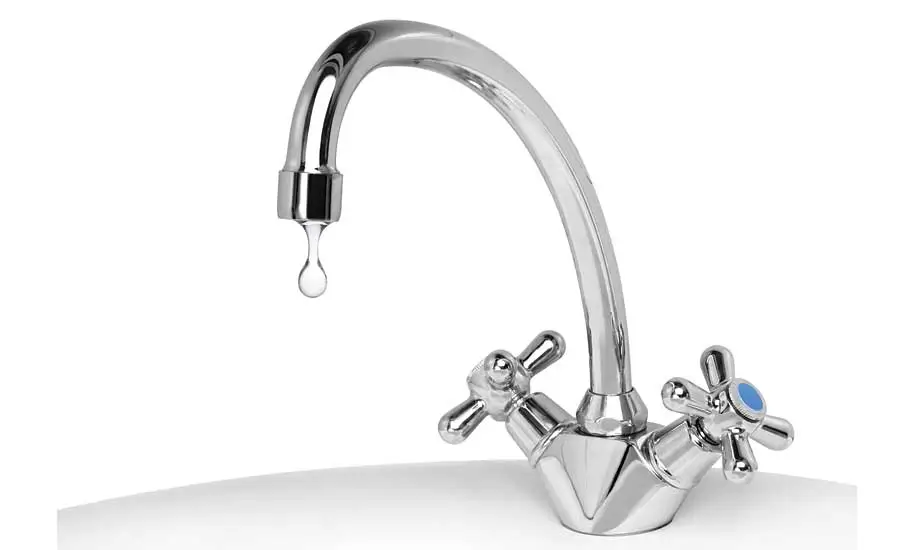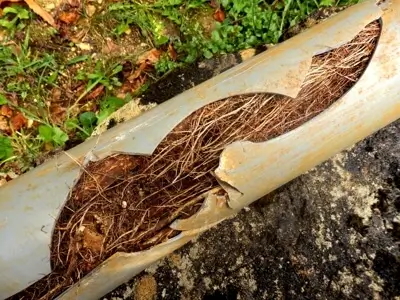Turning on your AC after breaking a sweat all day can feel so refreshing, especially during the summer, but sometimes you can get more than you bargained for with a malfunctioning AC. While we know that not getting any airflow or warm air coming from your AC is a sign you need repairs, there is another sign to look out for: an AC that’s too cold. We explain why your AC is too cold and what you can do!
How Cold Is Too Cold?
While an AC is supposed to get cold, especially if you like to set the temperature to sixty degrees, sometimes an AC can malfunction and get much harder. You can often immediately notice an AC blowing colder air than your thermostat registers. Do not ignore an AC getting too cold, it is not only going to cost you potentially more on your utility bills, but without repairs, you can be looking at a costly replacement.
Air Filter Check
Before diving into the nitty-gritty, ensure your air filters are clean! A dirty air filter can sometimes be the culprit of an AC freezing over and leading to frigid air blowing throughout your home. Dirty air filters create impedances in airflow that can make your AC work harder than it needs to, and you are burning the candles on both ends of your HVAC. Not only can dirty air filters lead to expensive repairs, but you can have inconsistent temperatures that can make your AC more of a nuisance than a valuable asset.
Coolant Levels
Sometimes the cause of ice-cold air coming from your AC can be linked to low freon levels or other refrigerants that help your AC cool down the home. You might be asking yourself, should low refrigerant mean less cold air? Funnily enough, low refrigerant levels cause colder air because, without refrigerant, evaporation around your AC coils does not dissipate, leading to ice formation, and creating a frozen AC. You can avoid these frozen AC woes by checking on your refrigerant levels and calling our pros immediately!
Broken Fan
The main concern with an AC that gets too cold is proper airflow, and if your refrigerant levels are not the leading cause, your next troublemaker could be a faulty fan. When fan motors break down, this can lead to a lack of airflow that your fan provides typically. Once again, with no airflow in your HVAC system, you have more condensation turning into ice, leading to a frozen system. Not only can a faulty fan motor lead to a frigid AC, but you might be stuck with no airflow at all, let alone cold air.
Avoiding These Problems
Typically we see these issues occur in two scenarios: AC units that have gone without repairs for a long time and old AC units. We usually recommend that our customers get at least AC inspections twice a year to avoid potential issues as the seasons change. Without a proper inspection, you risk having a faulty HVAC unit that can cost you a lot of money. Additionally, an old AC unit can be a pain, so aim to replace your AC unit at least every ten years.
At Sunset Heating & Cooling we can help you with any HVAC concern and are ready when you call (503) 500-5866.







